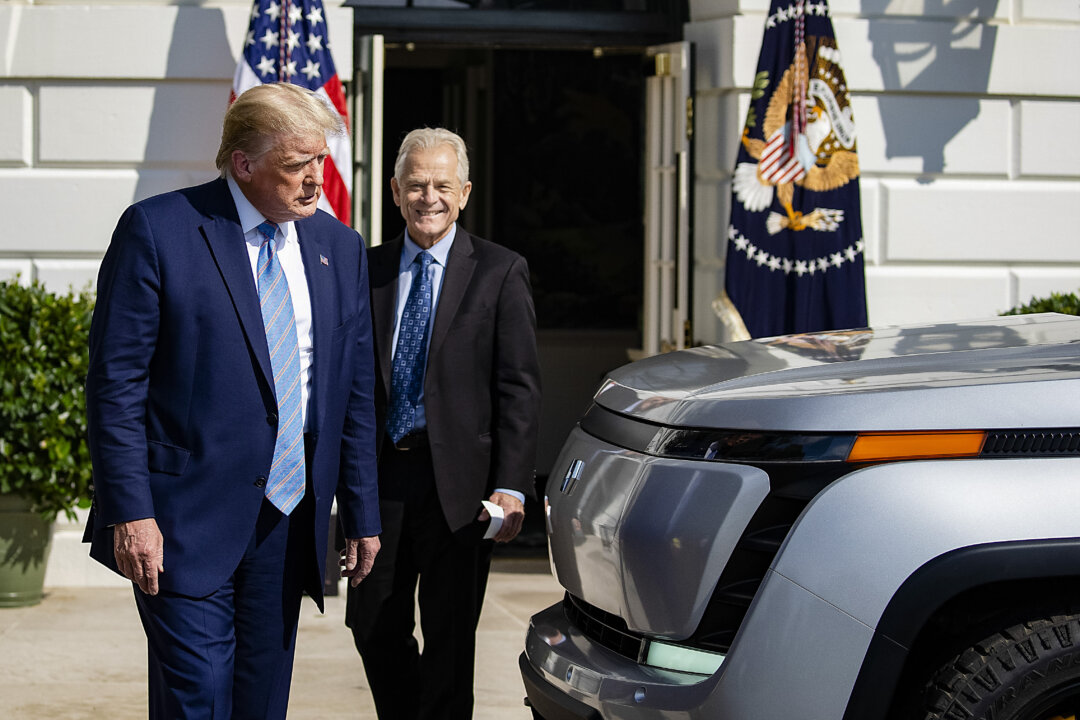
In a reflective conversation, Atupele Muluzi, President of the United Democratic Front (UDF), opened up about the successes and shortcomings of his father’s administration, acknowledging both the achievements and areas where things could have been done differently. As the son of the founding father of the UDF, Muluzi’s insights offer a unique perspective on the party’s historical impact on Malawi’s political and economic landscape. Atupele Muluzi and Lilian Patel Acknowledging Both Successes and Failures When asked about what went right and wrong during his father’s presidency, Muluzi began by emphasizing the importance of recognizing mistakes and offering apologies when necessary.
“It’s absolutely important to recognize failing and also where things went wrong to apologize,” he stated, underscoring the need for honesty and accountability in leadership. However, he was quick to clarify that while his father, Bakili Muluzi, was president for over 10 years, he was not part of the administration and had no official role during that time. “I was not part of his administration.

I’ve never been a minister or held any position in his government,” he explained. Muluzi noted that his father governed Malawi more than 20 years ago, and since then, the country has seen multiple administrations. Nevertheless, he acknowledged that the legacy of the UDF, particularly during his father’s tenure, remains relevant to the current political discourse.
(adsbygoogle = window.adsbygoogle || []).push({}); The Economic Successes and Challenges of the UDF Looking back at the achievements, Muluzi highlighted the economic growth during the UDF era, particularly the exceptional growth in 1995, when the economy grew by 16.
7%. He pointed out that the UDF administration took over a country suffering from hyperinflation, an economic contraction of -10% under the previous regime, and a government mired in debt. Under the UDF, inflation was brought down significantly, and the economy saw positive growth.
“Malawi was in a situation of over 74% inflation, and under the UDF, they were able to contain that. They grew the economy by 16.7% in 1995,” Muluzi said.
He acknowledged, however, that this growth was not sustained in the long term, which he attributed to a combination of external shocks, including a severe drought in 2001, and internal challenges. (adsbygoogle = window.adsbygoogle || []).
push({}); Strengthening Governance and Institutions Despite the economic challenges, Muluzi praised the UDF for setting up critical governance institutions that contributed to good governance practices in Malawi. He specifically cited the promotion of civil society, a free press, the liberalization of the economy, and the protection of private property as major accomplishments. “Setting up governance institutions that this country enjoyed is a huge plus.
The UDF promoted civil society, ensured a free press, opened up the airways, and liberalized the economy. They also protected private property, which was crucial for Malawi’s development,” he stated. Furthermore, the UDF launched several programs aimed at alleviating poverty, including the Subsidy Program, which included the Starter Pack initiative to help vulnerable populations access basic agricultural inputs.
These were seen as positive efforts to improve the lives of ordinary Malawians, particularly in rural areas. Areas of Weakness: The Third-Term Debate and Internal Democracy Despite these successes, Muluzi did not shy away from identifying the flaws in his father’s government. One of the most significant criticisms he pointed to was the contentious issue of the third term debate.
The proposal to allow his father to run for a third term sparked widespread controversy and was widely seen as undemocratic, especially given that Malawi had just emerged from a 30-year dictatorship. “The third-term issue was wrong,” Muluzi admitted. He explained that this was particularly problematic given the historical context of Malawi, which had just transitioned from a dictatorship to a democratic system.
The move to extend presidential terms raised concerns about the potential for autocracy and undermined the democratic process. Another area where the UDF fell short, according to Muluzi, was in fostering internal democracy within the party. He lamented that the party did not do enough to allow new leadership to emerge from within the ranks, leaving many potential leaders sidelined.
“There were many able leaders within the UDF who could have emerged, but internal democracy was not enhanced,” he explained. He emphasized that leaders should have been elected from within the party based on merit and respect for democratic processes. Reflecting on the Past While Focusing on the Future Muluzi also acknowledged that many Malawians had concerns about how the youth were used for political activities during his father’s presidency, but he was quick to point out that those events took place over 20 years ago.
He stressed that the current UDF leadership, under his guidance, is a new generation focused on shaping a better future for the country. “This is a new generation of leadership. We are learning from our past, but we are forging ahead into the future,” he said.
“Let’s focus on the future. It’s important to know where we’re coming from, but it’s more important to focus on where we are going.” Addressing Dynastic Politics: A New Leadership Approach In response to the criticism that major political parties in Malawi, including the UDF, are seen as dynasties, Muluzi took the opportunity to address the issue of political legacies.
As the son of Bakili Muluzi, he is often accused of perpetuating the idea of political dynasties. However, he rejected this notion, arguing that his leadership is not defined by his father’s legacy but by his own vision for Malawi. “I am not here because of my father’s legacy; I’m here because of my own ideas, my own vision, and my own leadership.
We are moving forward as a new generation of leaders,” he said, signaling his desire to distance himself from the idea of political dynasties and focus on the country’s progress under new leadership. Conclusion: A Call for New Leadership and Progress Atupele Muluzi’s reflections on his father’s administration provide valuable insights into the history of the UDF and Malawi’s political evolution. While recognizing the achievements of the past, he is committed to a new approach that prioritizes internal democracy, good governance, and sustainable economic growth.
As he leads the UDF into the future, Muluzi’s focus is on building a political system that is responsive to the needs of all Malawians, free from the influence of past mistakes and focused squarely on creating a prosperous future. Follow and Subscribe Nyasa TV : Sharing is caring! Share Tweet Pin LinkedIn Email Print.














